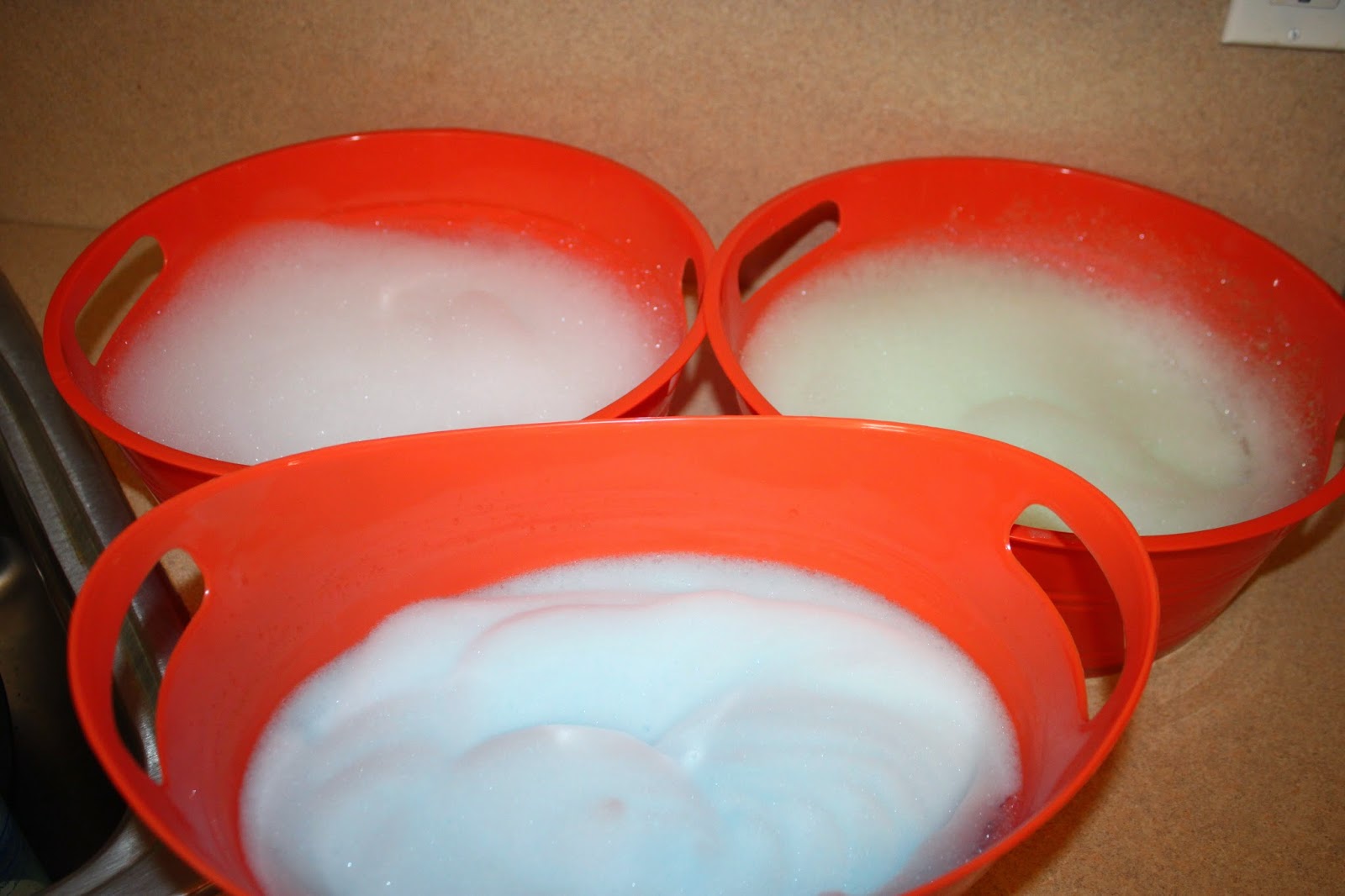If
you’ve ever spoken with a speech therapist concerning a young child, the topic
of sippy cups and pacifiers has probably come up. All of my friends and colleagues have heard
me lecture about sippy cups at some point. So what do I have against the sippy
cup anyway?
To
expel milk/formula from the bottle/breast, infants use a suckling pattern. The tongue moves forwards and backwards in
the mouth as it presses against the nipple of the bottle/breast and never
touches the alveolar ridge, which is located just above the front teeth. When drinking from a sippy cup, the spout
allows your little one to continue this forward/backward motion and restricts
his/her tongue from raising and reaching above the front teeth. This inhibits your little one’s ability to
develop an adult-like swallowing pattern, and encourages him/her to continue to
swallow like an infant. Pacifiers have
the same effects.
So
why is it so important that your little one develop a more mature swallowing
pattern? Dentists and speech therapists
both have something to add here! The
immature swallow (which can develop into a “tongue thrust,” where the tongue
pushes straight forward) can affect teeth alignment and can result in protruded
front teeth. The limited movement of the
tongue from front to back that this immature swallow encourages can result in
your little having difficulty producing some speech sounds, the “s” sounds
being the most common.
So
what’s a mom to do? Begin transitioning
your little one from a bottle to a cup as soon as possible. No spill cups that have straws are a good
alternative to the sippy cup. Sipping
from a straw can help your little one strengthen his/her tongue, cheeks and
lips and can mimic many oral movements that children practice when developing
speech.
Giving
your little one a sippy cup for a short time can be totally fine, in fact each
of my boys drank from a sippy cup for a little while. It’s often very difficult to teach a 6 month
old to drink from a straw, so a soft spout sippy cup would be appropriate. Once your little one reaches 10 months old
start going for the straw cups, preferably one that has a short straw that his/her
lips surround. Practice drinking from an
adult cup as well by holding it for your little one.
Prolonged
drinking from a sippy cup doesn’t guarantee that your little one will have
speech difficulties but why take the chance?!
Love & Language,
Marisa






















